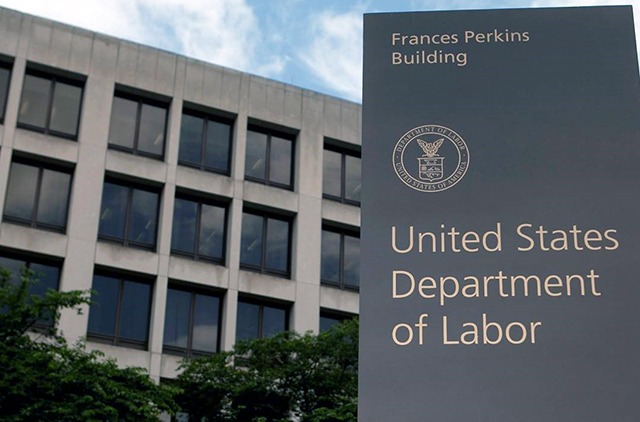On Thursday, March 7, 2019, the U.S. Department of Labor (DOL) unveiled a long-awaited rule proposal to update the Fair Labor Standards Act’s (FLSA) “white collar” overtime exemptions. The proposed rule would increase the currently-enforced salary thresholds set in 2004 and formally replace the Obama Administration’s final rule published in May 2016. The 2016 rule increased the weekly salary threshold from $455 ($23,660 per year) to $913 ($47,476 per year) but was declared invalid by a U.S. District Judge in the Eastern District of Texas. The appeal of that ruling is now being held in abeyance. As a result, the DOL currently enforces the lower salary thresholds set 15 years ago.
The Notice of Proposed Rulemaking (NPRM) includes the following proposals:
- Raise the minimum salary level from $455 per week (the equivalent of $23,660 per year) to $679 per week (the equivalent of $35,308 per year).
- Raise the minimum annual compensation for “highly-compensated employees” who are subject to a less stringent duties test from $100,000 to $147,414.
- Allow employers to use nondiscretionary bonuses and incentive payments (including commissions) to satisfy up to 10 percent of the new standard salary level, provided such payments are made on an annual or more frequent basis.
The NPRM also discusses the DOL’s intention to propose updates to the salary thresholds every four years through notice-and-comment rulemaking. However, it does not include automatic adjustments as the 2016 rule did.
The proposed rule does not include any changes to the duties tests, which also affect the determination of who is exempt from overtime. It is anticipated that the rule will become effective in January 2020.
The DOL’s News Release regarding the NPRM can be found here, and the Fact Sheet for the NPRM can be found here.
– Keesal, Young & Logan Employment Group
This information has been prepared by Keesal, Young & Logan for informational purposes only and is not legal advice. Transmission of the information is not intended to create, and receipt does not constitute, an attorney-client relationship between you and Keesal, Young & Logan. You should not act upon this information without seeking professional counsel.
